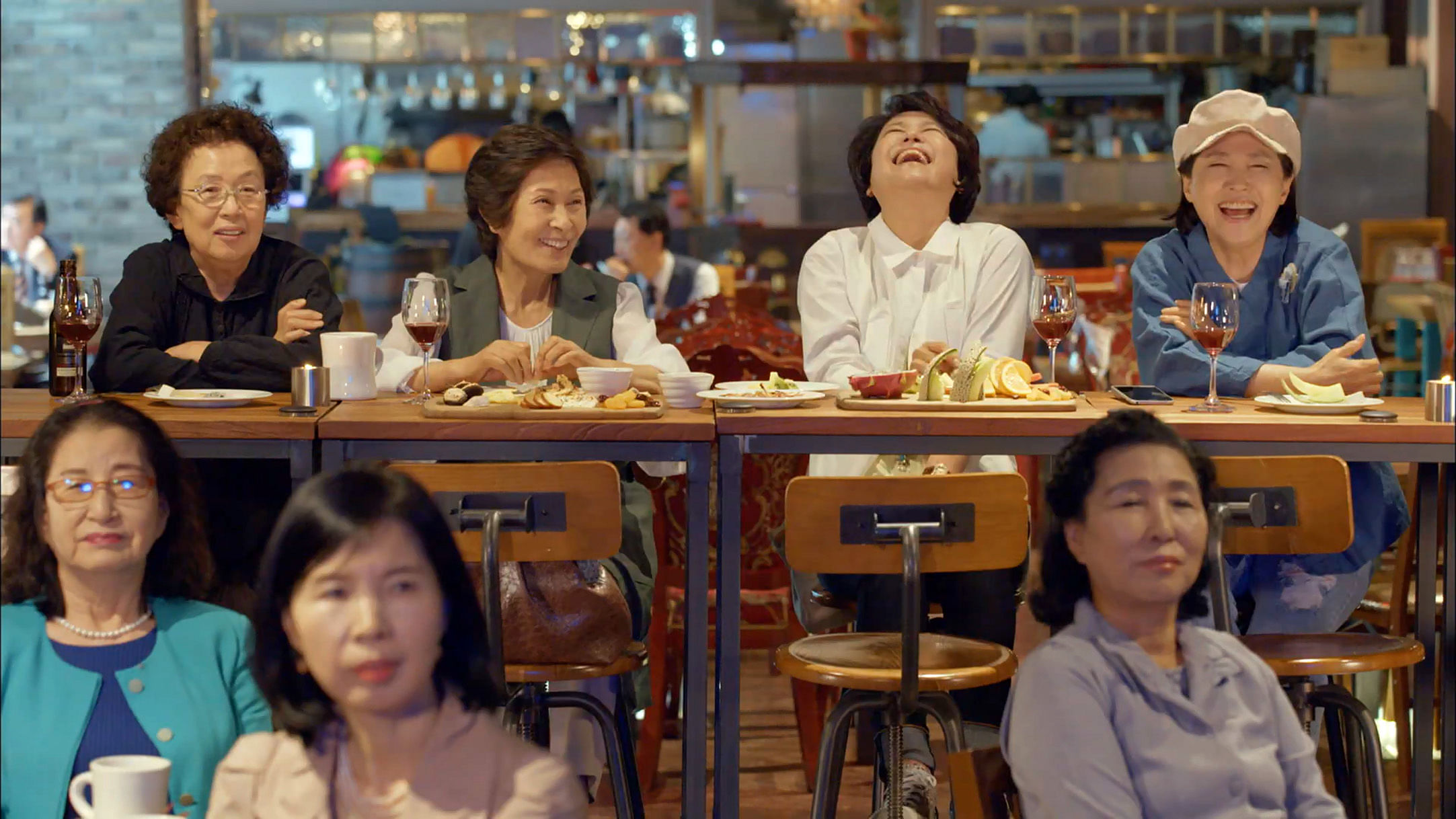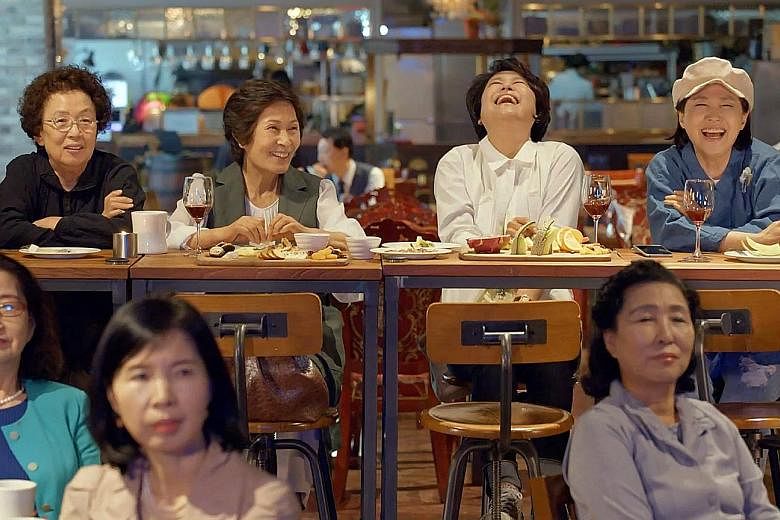Dear My Friends, the latest It K-drama, stars many South Korean actors I know by face, not name: the toxic mother of an unhappy socialite in The Privileged (2015), the romantic grandfather who remarries in Hearts Of Nineteen (2006 to 2007), the anguished mother of a missing son in My Husband Got A Family (2012), and so on.
All over television, actors of a certain age are put in the elderly pigeonhole.
If they are lucky, they get to be like Maggie Smith, the mistress of the wicked put-down in the British drama Downton Abbey (2010 to 2015), or Louise Lee, the embodiment of maternal wisdom for a generation of TVB viewers in Hong Kong and beyond.
If they aren't, they are consigned to a sort of anonymity, playing aged family members whose names few remember.
Korean TV is rather respectable on the mature front, however. In many multi-layered dramas, although the actors I can't name play mothers, fathers, aunts, uncles, grandmothers and grandfathers, the characters have dimensions, giving hints of the people they once were and still may be outside their domestic roles.
And now, they have been set free in Dear My Friends, a glossy, spiky yet tender melodrama that presents the elderly as individuals, and as silly, ditzy, flawed, messed up and screen-time-worthy as the young.

In the eyes of Wan (Ko Hyun Jung), a 30-something writer dragged to a reunion of her mother's old friends in the opening episode, the seniors are a bunch of children, some of whom expect her to show respect, regardless of whether they have earned it. She is their exasperated nanny, travelling with a carload of chattering, snacking, ageing bimbos who need toilet breaks at inopportune moments.
The drama takes a more nuanced view, as it is more alive to the pains, joys and contradictions of the friends' lives.
Two of them are Hee Ja (the amazing Kim Hye Ja), a dreamy widow, and her best friend, Jeong A (Na Mun Hee), a chirpy housewife, who are each other's most constant companions, though they have multiple children and one husband between them.
-
VIEW IT / DEAR MY FRIENDS
-
Viu the app and website, any time
3.5/5 stars
Hee Ja, who has dementia, is a lonely prisoner in her former marital home. She has a son (Lee Kwang Soo), who mostly checks on her through cameras placed in the house. He also objects to her friendship with a former boyfriend.
Jeong A has slaved at home for 50 years, sustained by her husband's promise that they will go on a grand tour of the world, or at least Italy, though Wan and the others expect him to bail out of the deal.
Both women are trapped, and so their little escapades - a sleepover, a late-night walk and a joyride to the nursing home where Jeong A's mother lives, which ends with them spending some time behind bars - have a whiff of comedy and melancholy. (Confession: Just the sight of Hee Ja dressing like each sunset might be her last - wearing a beautiful blue scarf for the police, which she later gives Jeong A - can make me cry.)
Elsewhere, one of the most moving things about the drama is its hopefulness about people.
A man as unlikable as Jeong A's snappy, miserly husband, Seok Gyun (Shin Goo), is shown to be a stressed-out person who didn't have the strength to love other people, including his wife and eldest daughter, better.
The moment he realises his mistakes - acts of unthinking cruelty he hadn't been conscious of, he admits - occurs late in the drama, but maybe not too late for the couple's twilight years.

